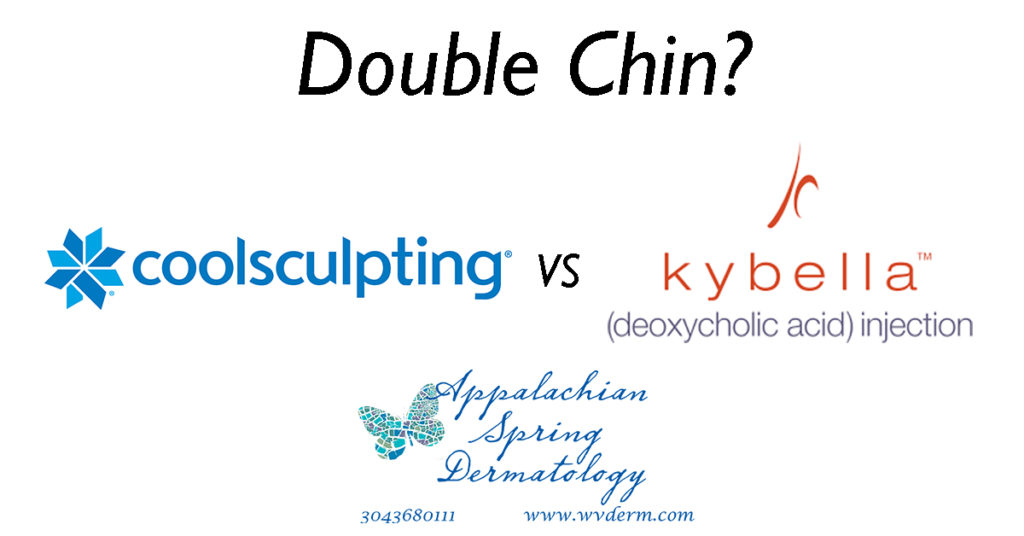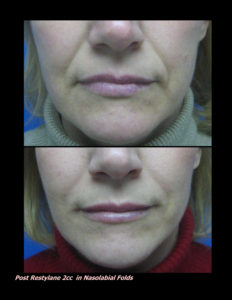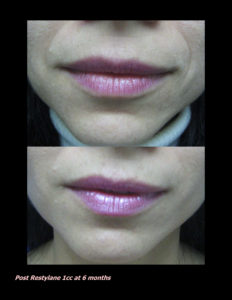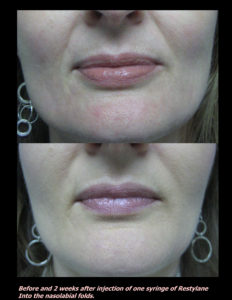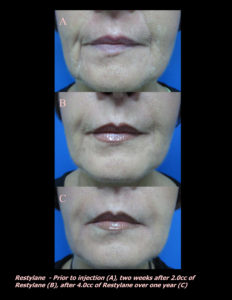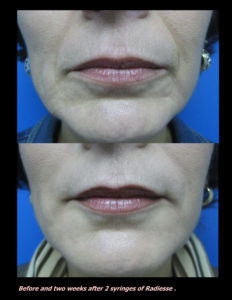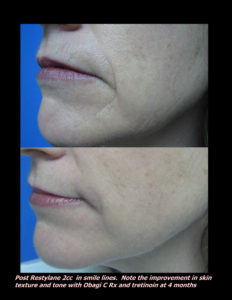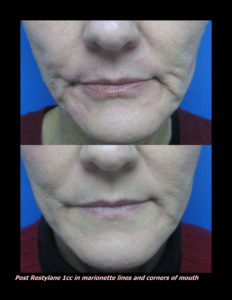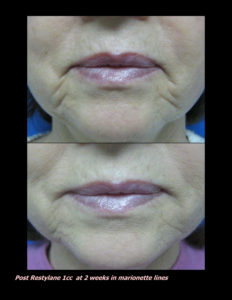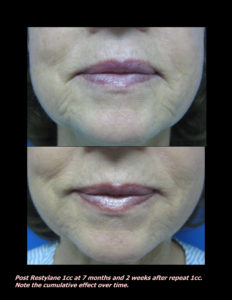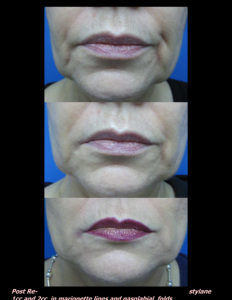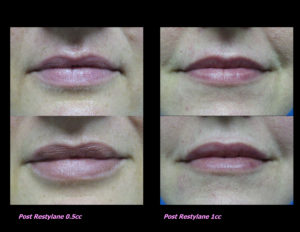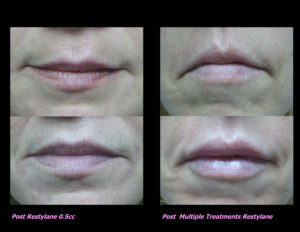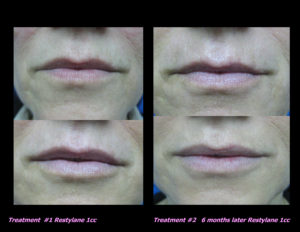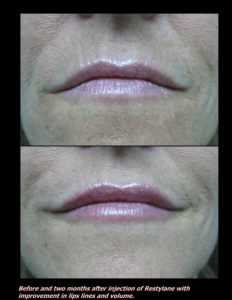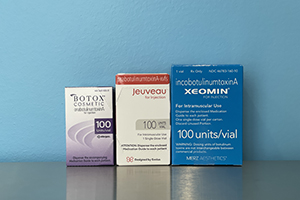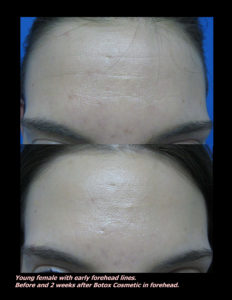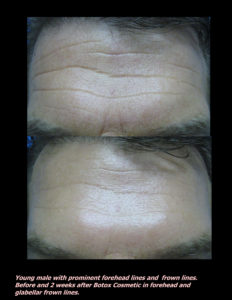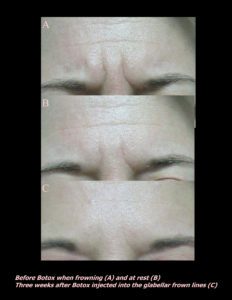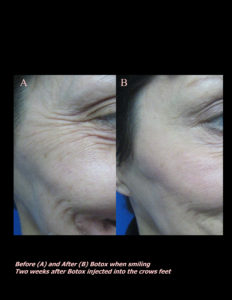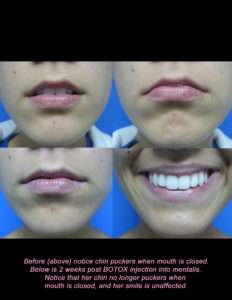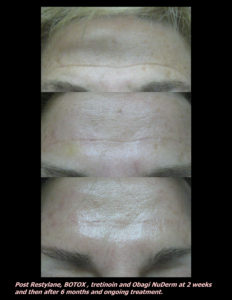Occasionally, patients ask me if they should be taking a collagen supplement. Plus, it seems I have an advertisement for a collagen supplement every day on my Facebook feed. Time to do some research.
What is Collagen?
Collagen is one of the major building blocks of the skin making up over 75% of the skin’s dry weight. From a cosmetic standpoint, declining collagen plays a major role in aging. From a medical standpoint, it may play a role in other skin disorders as well.
What are the different types of Collagen in the body?
There are many different types of collagen, but 80-90% of collagen in the body is Types 1,2 and 3. Collagen plays a role in the structure of skin, hair, nails, joints, and eyes.
What are the different types of Collagen supplements, and how do I choose one?
This is the million, actually billion dollar question. In 2016, the Collagen market was estimated at over 3 billion dollars. Collagen supplements can be derived from cow, pig, and fish or a combination of those. A little more on how to choose later in the article.
How is Collagen prepared?
When sources of collagen are exposed to heat, they turn into “gelatin.” Gelatin can then be further broken down into Collagen Hydrosylates. Most supplements are Collagen Hydrosylates. Less commonly, collagen supplements can be dipeptides and tripeptides.
Does the Collagen actually reach the skin?
This has been a huge question of mine. The article I referenced when researching this post is listed below. It referenced a study using a mouse model, where they put tracers on the collagen that mice ingested. Collagen tracers could still be detected in the mouse skin for up to two weeks following ingestion of the supplement.
Should the Collagen supplement have any other ingredients to make it work better?
Most real scientific studies combining collagen supplements with other ingredients such as Vitamin C did not show any increased efficacy with additional ingredients.
What changes have been seen in the skin with Collagen supplements?
- Improves skin hydration, which makes the skin look smoother and more youthful.
- Improves cellulite. However, an improvement was only seen in those with BMI<25
- Increased skin elasticity
- Increased density of collagen
- Decreased levels of the molecules that break down collagen.
How much Collagen should I take?
Scientific studies were performed with 2.5 to 10 mg/day
Are there any adverse effects of Collagen supplements?
In the major clinical studies, there are no major adverse effects on health.
How to choose a collagen supplement.
Now, let’s get back to choosing a collagen supplement. This is a highly unregulated and still not well-researched area. So, in choosing, I referenced the all-knowing Amazon. “Amazon’s choice” and the most popular choice at this time seems to be the Sports Research brand. After doing a lot of research, this seems to be as good as any, and is derived from bovine collagen. It contains 11g of bovine hydrolyzed collagen per scoop. To be honest, I am terrible about using these powders. My past behavior leads me to believe that I will not be good about adding this to my daily routine. So, I looked at the gummy vitamins with collagen. The big problem is that most of these have less than 500mg per gummy so, I would have to eat 20 per day to get the same amount of collagen. Back to the powder. I plan to take a picture with our VISIA skin analysis machine, start the collagen and repeat the analysis in 12 weeks.
I’ll keep you posted.
This is the article I used and referenced for my research on this topic.
______________________________________________________________________
If you know someone who may find this article helpful, please share it with them! Follow us on social media this week for more resources on collagen supplements and general skin health.
If you would like to receive these posts in your email inbox, Subscribe to our Site!
Have you tried a collagen supplement? Which one? And did you see any noticeable results? I’d love to know!


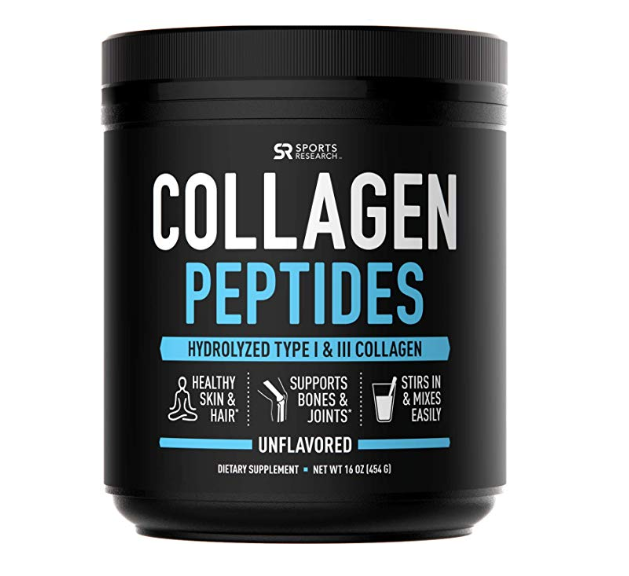



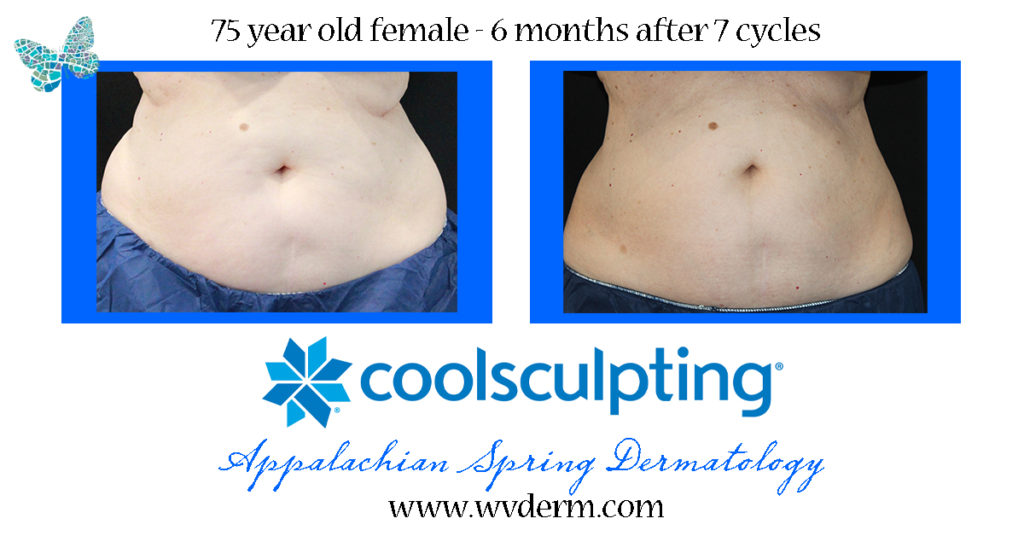







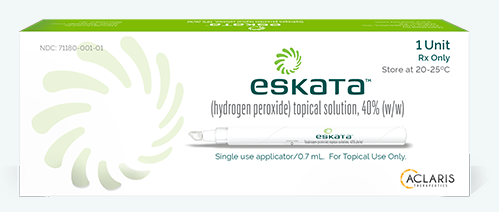

 Laser Vein Reduction Treatments
Laser Vein Reduction Treatments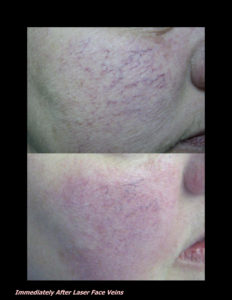
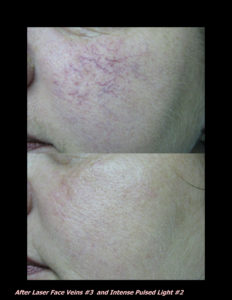
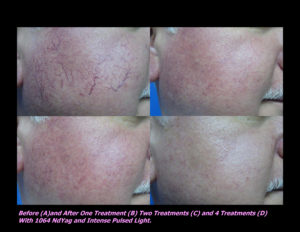
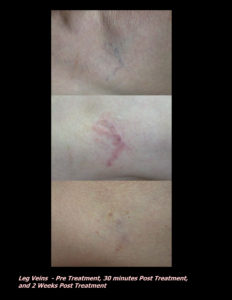
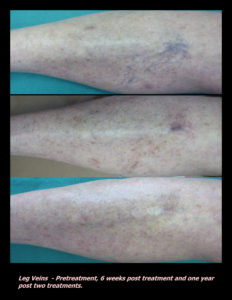
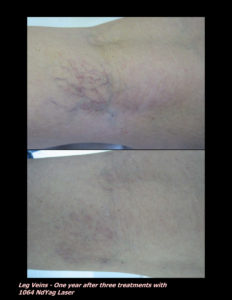
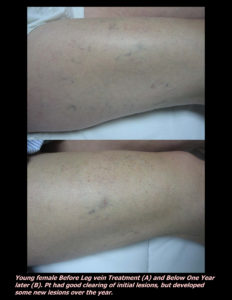
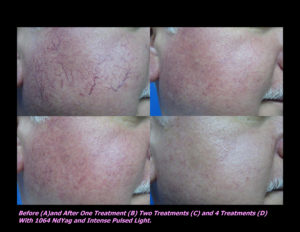
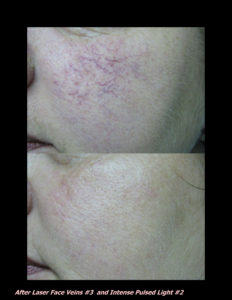



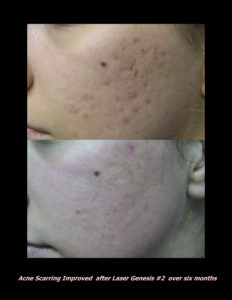
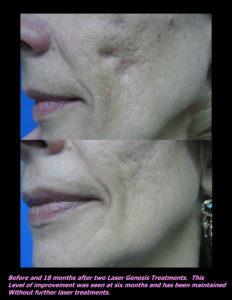


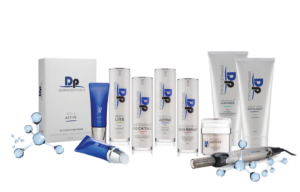 DP Dermaceutical Products
DP Dermaceutical Products